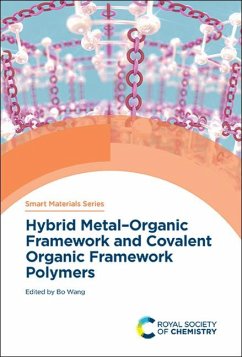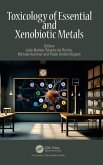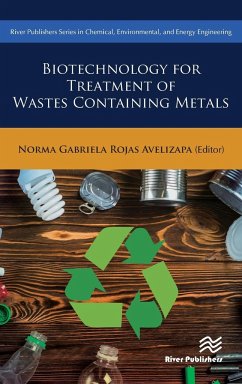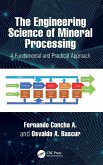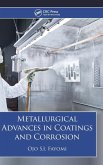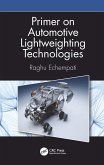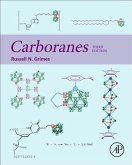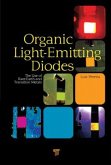Metal-organic frameworks (MOFs) are crystalline porous materials constructed from metal ions/clusters and organic linkers, combining the merits of both organic and inorganic components. Due to high porosity, rich functionalities, well-defined open channels and diverse structures, MOFs show great potential in fields such as gas storage and separation, catalysis, and sensing. Combining them with polymers tunes their chemical, mechanical, electrical and optical properties, and endows MOFs with processability. Covalent organic frameworks (COFs) are crystalline porous materials built from organic molecular units with diverse structures and applications. Hybrid materials with intriguing properties can be achieved by appropriate preparation methods and careful selection of MOFs/COFs and polymers, broadening their potential applications. This book documents the latest research progress in MOF/COF-polymer hybrid materials and reviews and summarises hybridization strategies to achieve MOF/COF polymeric composites. It also introduces various applications and potential applicable scenarios of hybrid MOF/COF polymers. Hybrid Metal-Organic Framework and Covalent Organic Framework Polymers offers an overview to readers who are new to this field, and will appeal to graduate students and researchers working on porous materials, polymers, hybrid materials, and supramolecular chemistry.
Hinweis: Dieser Artikel kann nur an eine deutsche Lieferadresse ausgeliefert werden.
Hinweis: Dieser Artikel kann nur an eine deutsche Lieferadresse ausgeliefert werden.

